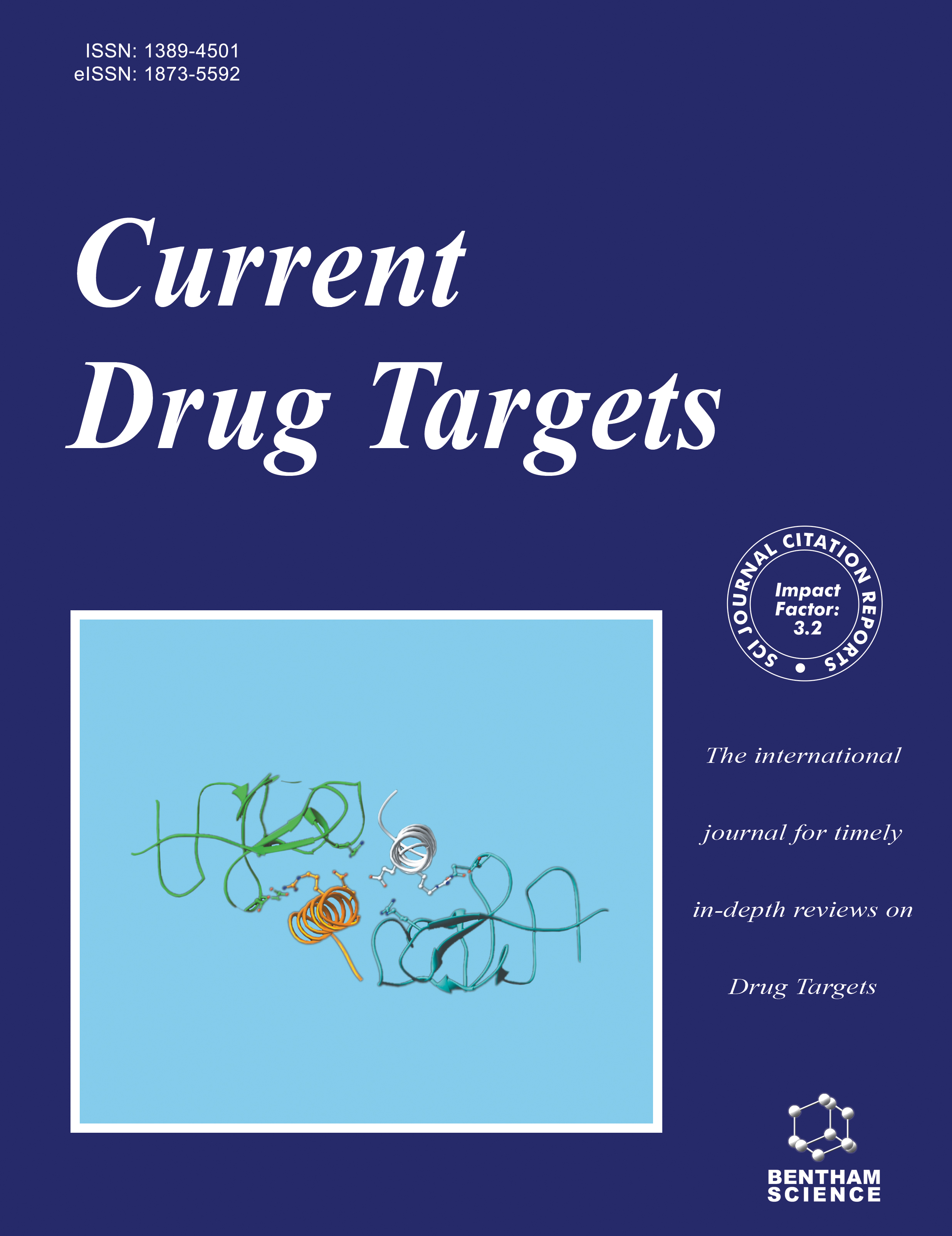-
oa Editorial [Hot Topic: Ulcerative Colitis: A Cinderella Story (Guest Editor: Silvio Danese)]
- Source: Current Drug Targets, Volume 12, Issue 10, Sep 2011, p. 1372 - 1372
-
- 01 Sep 2011
Abstract
Ulcerative colitis (UC) and Crohn's disease (CD) are the two major forms of inflammatory bowel disease (IBD). We have made tremendous advances in our knowledge of the genetics, pathogenesis, and therapy of CD; however, by contrast, UC has been always relegated to a “Cinderella status”. Scientists have given the study of the pathogenesis of UC only minor attention, while the medical community have made UC even less the focus of their efforts to develop new drugs and improved therapeutic strategies [1, 2]. Why has this happened? Such disregard appears paradoxical, not least because UC was described at least 70 years before CD, and is at least twice as prevalent [3]. Several possible reasons could be postulated. First, CD is perceived as a more severe disease, while UC has a more benign course. Second, the traditional drugs for UC are generally considered to be effective for the treatment of mild or moderate disease. Third, the more severe cases of UC have traditionally been referred for colectomy, which is considered a curative strategy. Indeed, following surgery with restorative proctocolectomy and ileal pouch-anal anastomosis, most patients have an excellent long-term functional outcome. Taken together, these aspects have led to the minor investment by the scientific and medical communities, and as a consequences, new treatment options are only pursued as a logical next step in the development of therapeutics for CD. However approximately 50% of patients with UC have a chronically active disease, with a tremendous impact on quality of life, while defects in continence and sexual dysfunction are common problems [4]. In addition, pouch failure can occur following surgery, with the most common causes being pouchitis, pelvic sepsis and poor function. Finally, although it is rare for patients with UC to go on to develop colon cancer, nevertheless the risk is sufficiently great that long-term follow-up is required. Over the past decade it has become clear that considering CD and UC jointly under the title IBD is overly simplistic, and that given the differences in the pathogenesis and underlying genetics, they should be considered as two distinct entities if therapeutic strategies are to be effective. This special issue of Current Drug Targets therefore highlights the advances in our understanding of UC, reviewing the current state of the art in a disease that should not be disregarded.


